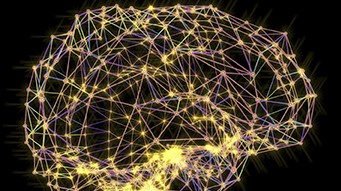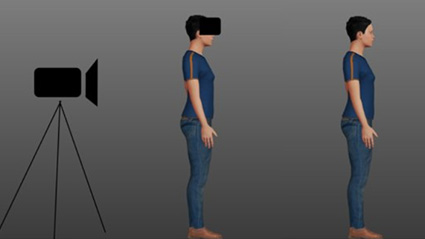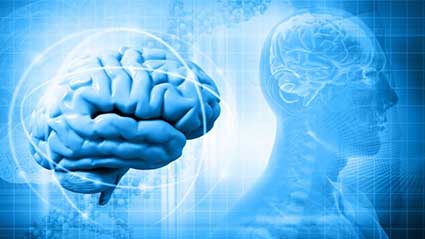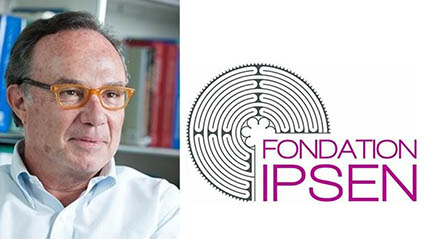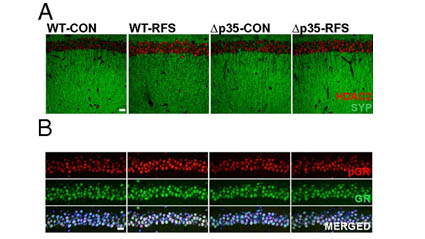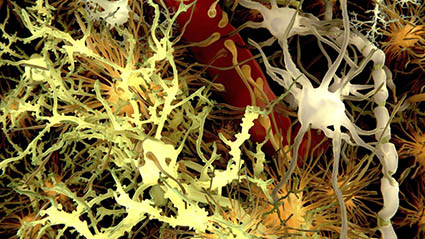26 August 2017
How can we understand the insanely complex mess of information that’s constantly buzzing inside our brain? With 100 billion neurons in the average human brain, and 100 trillion connections between them, there isn’t an easy answer. Neuroscientists today use MRIs Read more…
